Yevgeny Prigozhin, the businessman behind Russia’s Wagner Group mercenaries, is hardly a man to keep a low profile. He is at his loudest and most vitriolic, though, either when he feels he has the upper hand over his (many) enemies or when he is on the ropes. He’s pretty outspoken these days, and no one thinks it’s because he’s winning.
For months, many of the small gains made by the Russians had been thanks to Wagner and its use of expendable soldiers recruited from the prison system. This had given Prigozhin a degree of latitude and license and, true to form, he had used that to prosecute his personal vendettas, against targets ranging from Alexander Beglov, the governor of St Petersburg to, most strikingly, defence minister Sergei Shoigu.
This is a case study in how Putin’s political system of ‘adhocracy’ is translating very badly onto the battlefield
For all the overheated press speculation in some quarters that Prigozhin could be appointed as Shoigu’s successor or, even less plausible, stage a coup, the fact is that he is neither personally close to Vladimir Putin nor possesses of any real allies in the elite. Instead, he is one of the businessmen who have done well for themselves by doing whatever the Kremlin wants done – whether setting up social media troll farms during the 2016 US elections or running mercenaries. As a result, though, he is forever dependent on the regime’s favour.
For months Shoigu essentially weathered Prigozhin’s open attacks, which should have warned the street criminal turned entrepreneur. Shoigu is, after all, an extremely deft operator, whose political career predates Putin’s. One of his defining characteristics is that you rarely see him working his political manoeuvres. In what is the very antithesis of Prigozhin’s bluster, he quietly and carefully sets things up behind the scenes which then seem just to happen.
Since the start of the year, things suddenly seem to have started going wrong for Prigozhin. Putin made an unusual public appearance alongside Beglov, signalling his support and that Prigozhin should back off. The Federal Security Service (FSB) began putting pressure on some of Prigozhin’s companies, which had begun to encroach on businesses under their protection. The regular military began forcing Wagner to rotate away from the contested city of Bakhmut, apparently happy to let them burn through their convicts to soften up Ukrainian defences, but now keen to step in and take the credit if and when it falls.
Prigozhin has become increasingly splenetic, accusing Shoigu and Chief of the General Staff Valery Gerasimov of ‘treason’ and a deliberate policy to starve Wagner of vital ammunition. He claimed that they were only getting 20 per cent of the ammunition they needed and that he was being forced to grovel for what he could get. He then escalated with audio messages released on social media blaming enemies who were ‘eating breakfast, lunch, and dinner off golden plates’. To back that up, a gruesome image of dead Wagner fighters, saying ‘these are the guys who died yesterday because of the so-called shell famine. There should have been five times fewer of them’.
The defence ministry has denied the claims, saying that Wagner is getting its fair share. This could simply be Prigozhin railing against the ammunition rationing that has become more evident in recent weeks as the Russians, like the Ukrainians, try and conserve their stocks. Or it could be that Shoigu and Gerasimov have decided this is the moment to clip Prigozhin’s wings and remind him – and Putin – that it is the regular military which is the main player in the war. Even the pugnacious Prigozhin seems to have recognised this: his subsequent claim that, thanks to his campaign, ammunition is now reaching Wagner, has been widely characterised as a climb down.
Either way, Prigozhin is being taught a lesson. Unless he seriously crosses a line, he is unlikely to be removed from the scene, although it would be easy enough to find some thug-a-like to replace him at Wagner. It would also be just as simple to transfer its fighters to one of the mercenary companies established under the defence ministry’s auspices, notably Patriot and Shield. Instead, he’s being reminded that he isn’t a big beast in the system, and needs to know his place.
But this is also a case study in how Putin’s political system of ‘adhocracy’, in which courtiers and institutions compete for the monarch’s favour and end up doing whatever he needs done at the moment, is translating very badly onto the battlefield. There are multiple forces there, from Chechens personally loyal to warlord Ramzan Kadyrov to the separate National Guard. Gerasimov is the notional overall commander, but in practice has often little real control over them. Prigozhin may be a little humbled, but is Wagner now really going to play ball with the regular military, or will Prigozhin be looking for revenge? In this, as in so many other ways, Putin’s system is its own worst enemy.
Got something to add? Join the discussion and comment below.
Get 10 issues for just $10
Subscribe to The Spectator Australia today for the next 10 magazine issues, plus full online access, for just $10.

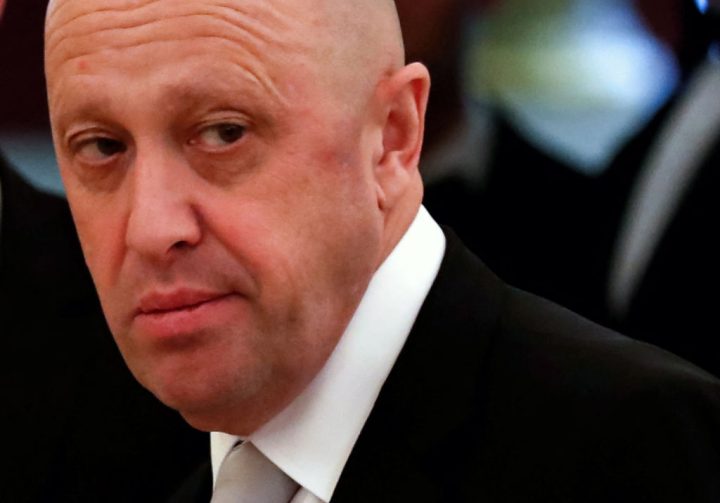

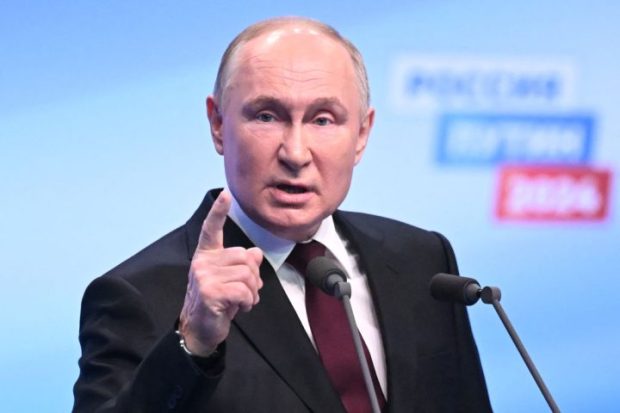
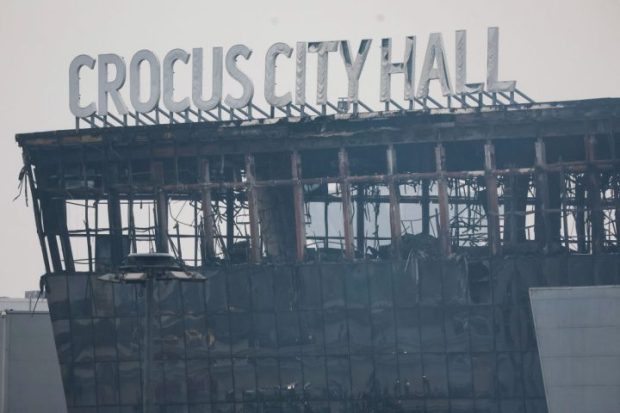
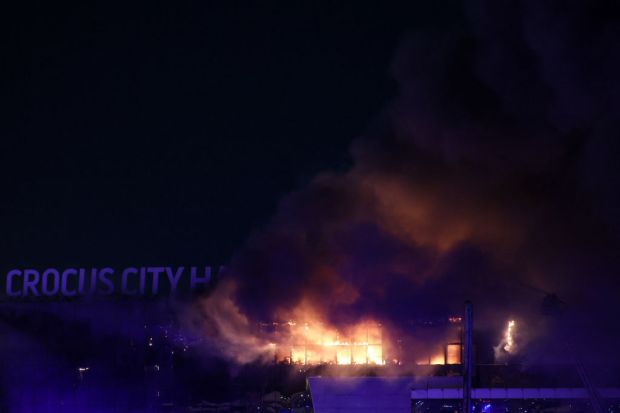
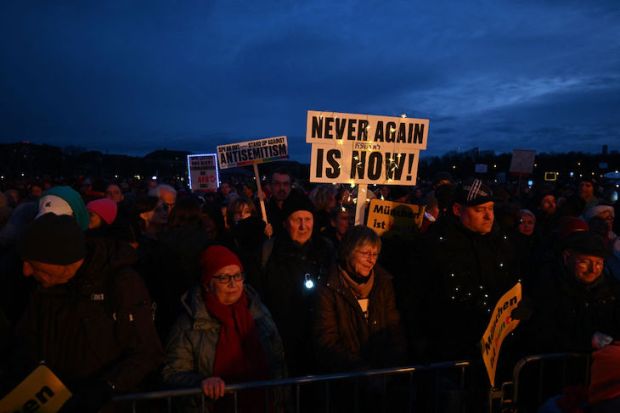
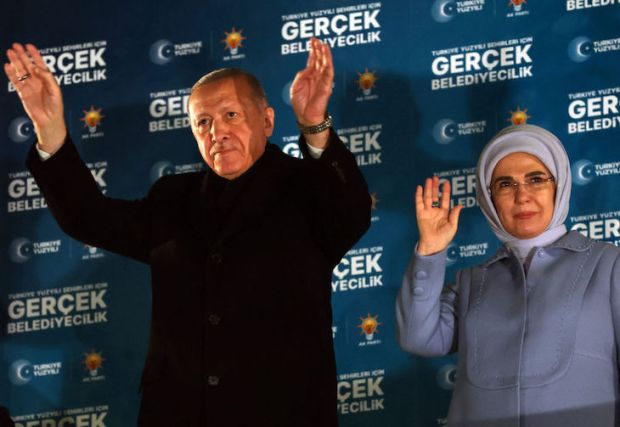












Comments
Don't miss out
Join the conversation with other Spectator Australia readers. Subscribe to leave a comment.
SUBSCRIBEAlready a subscriber? Log in